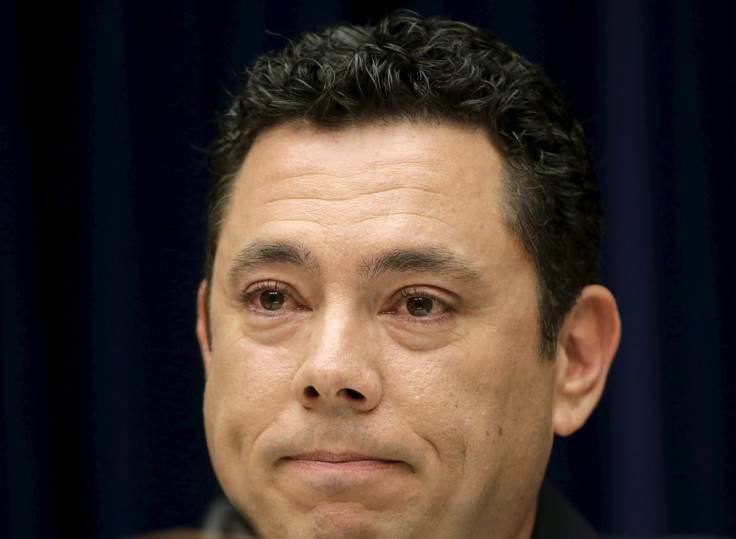Price Of Health Care: 'Trumpcare' Could Raise Insurance Costs For Low-Income Americans

House Republicans unveiled the American Health Care Act, their replacement for the Affordable Care Act, Monday night, and for many low-income Americans, it will likely be less affordable — maybe even less affordable than an iPhone, as Rep. Jason Chaffetz, R-Utah, suggested Tuesday morning.
“Maybe rather than getting that new iPhone” Americans “should invest in their own healthcare” - Rep. Jason Chaffetz https://t.co/sxWaRohbEh pic.twitter.com/aEWYikdWiw
— CNN (@CNN) March 7, 2017
For starters, Americans making less than $40,000 would receive hundreds of dollars less in tax credits, as non-profit health care organization the Kaiser Family Foundation pointed out. A 60-year-old with a salary of $20,000, for example, would get $4,143 on average under Obamacare. Under “Trumpcare,” as it’s come to be known, that person would receive $3,000 on average.
A 60-year-old making $100,000, on the other hand, was awarded no tax credit under the Affordable Care Act. The new bill would give that person $1,500.
How tax credits would change for #Obamacare enrollees under the just-released House Republican replacement plan #AmericanHealthCareAct pic.twitter.com/t491Lk2ibV
— Cynthia Cox (@cynthiaccox) March 7, 2017
Millions of relatively poor adults covered by Medicaid would also pay more under the Republicans’ new bill. While Obamacare extended federally funded Medicaid coverage to 14.4 million Americans by raising the maximum income eligibility to 138 percent of the poverty level, or $16,394 per year, the GOP plan would phase this expansion out by 2020. Using a lump sum doled out to the states, it would create a cap for individual federal funding, rather than covering a set percentage of enrollees bills.
The new law would also change an Obamacare provision allowing Americans to create tax-exempt savings accounts holding up to $3,400 for individuals or $6,750 for families, bringing those numbers up to $6,550 and $13,100, respectively. That’s good news, but it mainly affects people paying higher income tax rates who aren’t living paycheck to paycheck.
At the same time, the bill would slash taxes for high income earners, including a measure taxing insurance executives who make more than $500,000 annually. Analysis by the Brookings Institute found that would quickly drain a trust fund established by the Affordable Care Act to cover costs of care for elderly and disabled people.
Repealing the ACA's tax on high income households and hospitals would exhaust the Medicare Trust fund by 2024 https://t.co/q1V3MEgZiK pic.twitter.com/CLH83ZT75H
— Brookings Econ (@BrookingsEcon) March 6, 2017
© Copyright IBTimes 2024. All rights reserved.






















